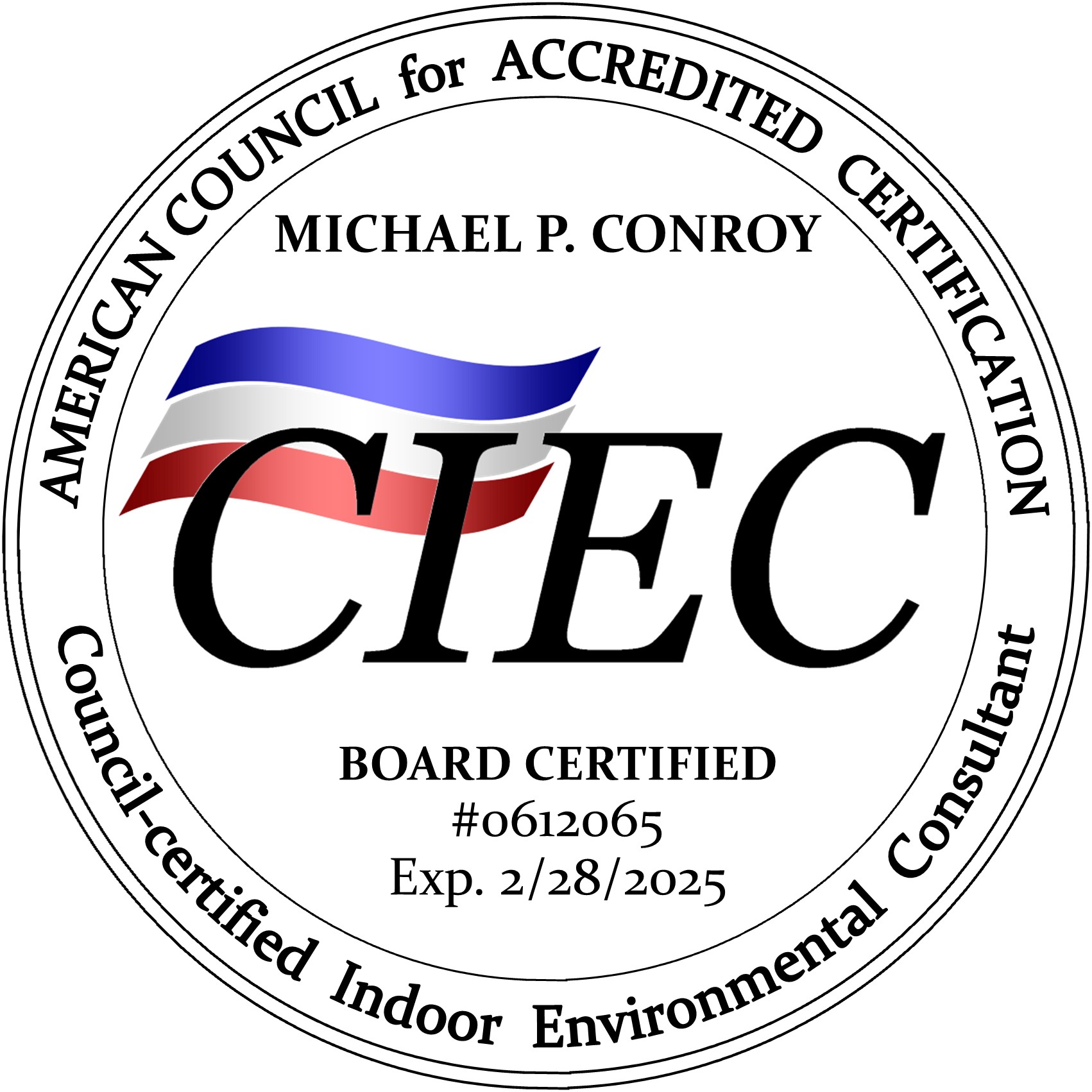Water Mitigation
Expert Dry® will dry it out before you have to throw it out.
Commercial building owners should be aware of several important aspects of water damage mitigation to protect their properties and minimize potential losses. Here are some key considerations:
Early Detection Systems
Install a reliable water leak detection system throughout the building. This can include water sensors, flow meters, and automatic shut-off valves that can quickly identify leaks or abnormal water usage and take immediate action to prevent further damage.
Regular Inspections
Conduct routine inspections of the building’s plumbing systems, including pipes, fittings, and connections. Look for signs of corrosion, deterioration, or leaks. Identifying and fixing potential issues early can help prevent major water damage incidents.
Proper Maintenance
Implement a preventive maintenance program to ensure that plumbing systems, HVAC units, and other water-related infrastructure are regularly inspected, cleaned, and serviced. This helps identify and address potential problems before they cause extensive damage.
Adequate Drainage
Ensure that the building’s drainage system is functioning properly, including roof gutters, downspouts, and floor drains. Regularly clean and maintain these components to prevent blockages and water accumulation that could lead to leaks or flooding.
Weatherproofing
Take steps to weatherproof the building to minimize the risk of water intrusion during heavy rainstorms or extreme weather events. This may involve sealing windows and doors, inspecting and repairing the building envelope, and maintaining the integrity of the roof.
Emergency Response Plan
Develop a comprehensive emergency response plan that outlines the necessary steps to be taken in the event of water damage. This plan should include contact information for emergency services, preferred restoration companies, and a clear protocol for staff to follow to mitigate the damage and ensure the safety of occupants.
Document and Record-Keeping
Maintain detailed records of inspections, maintenance activities, repairs, and any incidents related to water damage. This documentation is vital for insurance claims and can assist in identifying patterns or recurring issues.
Tenant Education
Educate tenants about water damage prevention measures, such as reporting leaks or water-related issues promptly, proper use of plumbing fixtures, and avoiding activities that may increase the risk of water damage, such as leaving taps running unattended.
Professional Mitigation Services
In the event of a water-related incident, having a reliable service provider can help mitigate the damage quickly and efficiently.
Expert Dry® provides services in Northwest Florida and South Alabama.
For more information, check out the article: Damage Restoration Recommendations




